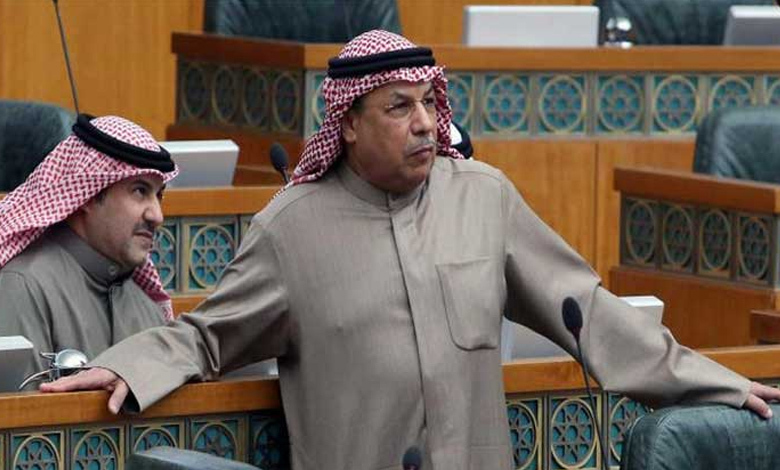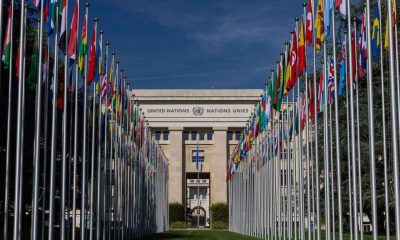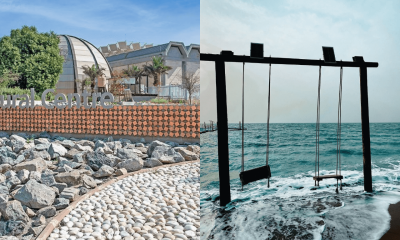In a significant legal development, former Kuwaiti defense and interior minister, Sheikh Khalid al-Jarrah al-Sabah, has been handed a 7-year prison sentence for the alleged mishandling of military funds, according to Kuwait’s highest court’s verdict on Sunday.
Former Prime Minister Sheikh Jaber al-Mubarak al-Sabah, facing similar charges, was directed by the court to reimburse the funds deemed mismanaged. Both individuals vehemently denied the charges against them.
The legal saga traces back to 2019 when Sheikh Jaber resigned as prime minister following a no-confidence vote sought by lawmakers against Sheikh Khalid, then serving as interior minister. The turmoil unfolded against the backdrop of allegations involving the mismanagement of approximately USD 779 million in military funds, a revelation made by then-defense minister Sheikh Nasser Sabah al-Ahmed just two days after the government’s resignation.
Despite initial acquittal on embezzlement charges in March 2022, the case experienced a revival, triggered by an appeal from the Kuwaiti prosecution.
The seven-year prison sentence meted out to Sheikh Khalid underscores the gravity of the accusations, marking a pivotal chapter in Kuwait’s legal history. The court’s directive for Sheikh Jaber to reimburse the mismanaged funds further emphasizes the far-reaching consequences of the case.
The legal proceedings have been characterized by complex twists and turns, with both accused individuals consistently denying any wrongdoing. The revival of the case in the wake of an appeal adds an intriguing layer to the narrative, raising questions about the evidence presented and the legal intricacies at play.
The resignation of Sheikh Jaber as prime minister in 2019, after a successful tenure since 2011, serves as a backdrop to the ongoing legal drama. The decision to step down was triggered by the no-confidence vote against Sheikh Khalid, shedding light on the political fallout stemming from the allegations of financial mismanagement.
As the legal saga unfolds, it casts a spotlight on the intricacies of Kuwait’s judicial system and the resilience of its legal processes. The initial acquittal followed by a subsequent prison sentence signifies the evolving nature of the case, with legal authorities revisiting and reevaluating the evidence at hand.
The impact of this verdict extends beyond the legal realm, influencing Kuwait’s political landscape and raising questions about accountability and transparency within the government. The court’s directive for the reimbursement of funds adds a financial dimension to the consequences faced by the accused.
As Sheikh Khalid faces a seven-year prison term and Sheikh Jaber grapples with the order to return funds, Kuwait awaits the implications of this legal chapter on its governance, politics, and the broader pursuit of justice.
Read More: Expo City Dubai: Ground Zero for UAE’s National Day






















